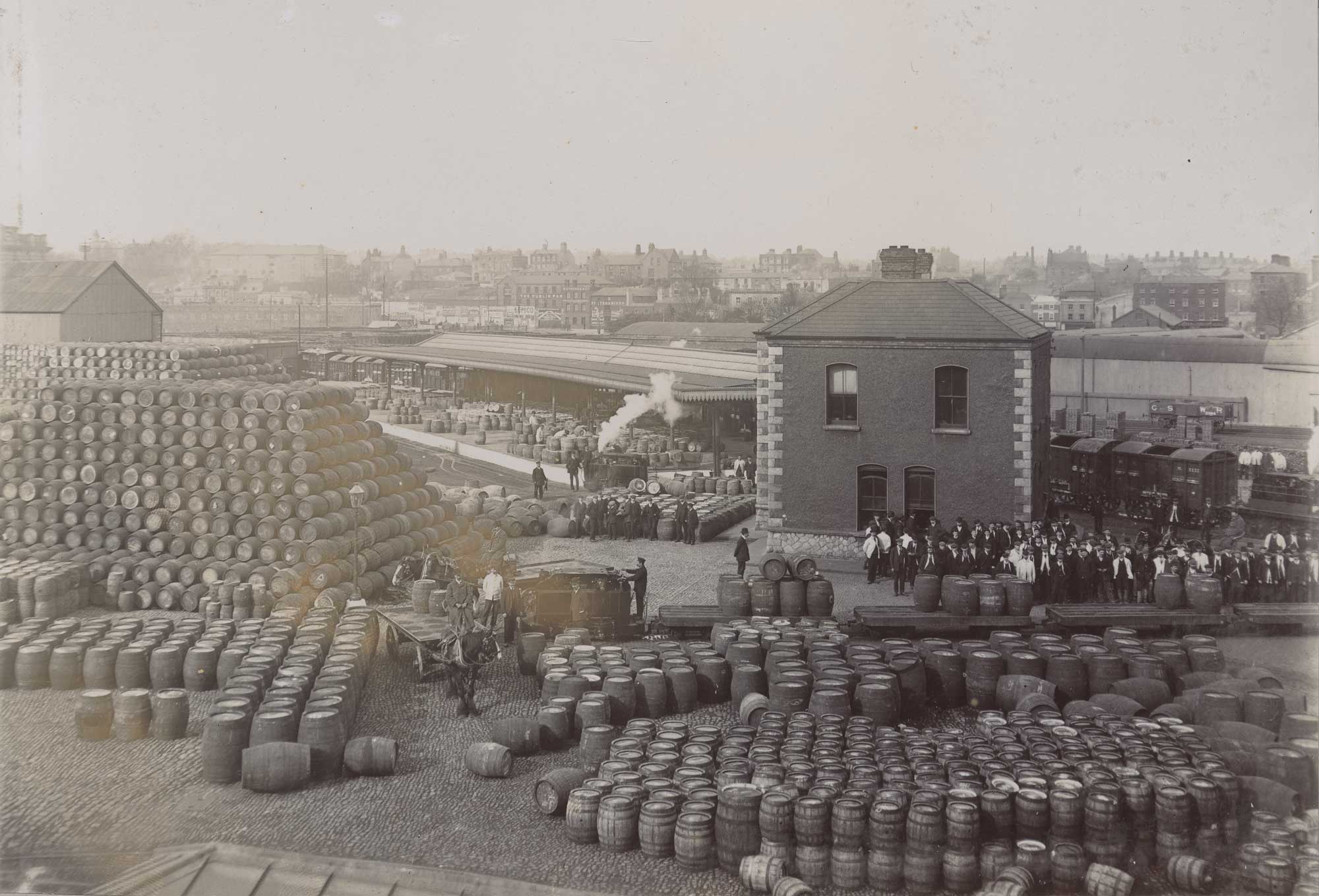Outrage in Ireland at proposed increased taxes on beer, whiskey and wine
London, 1 May 1915 - ‘Drink is doing more damage in the war than all the German submarines put together’, the Chancellor of the Exchequer, David Lloyd George, told the House of Commons yesterday as he promoted the British government’s proposal to dramatically increase the taxes on alcoholic drink.
Among the proposed changes is a doubling of the tax on whiskey, with similar increases on wine and beer.
Mr. Lloyd George said that there were reports from all the chief centres of the armaments that avoidable loss of time was mostly attributable to excessive drinking. ‘There has always, in peace-time, been a good deal of time lost through excessive drinking. But we can afford it then, we cannot now.’

Mr Lloyd George has recently been quite vocal on his attitude towards alcohol and the war. (Image: National Portrait Gallery, UK)
Reaction in Ireland
The leader of the Irish Parliamentary Party, John Redmond, said that the proposals were opposed by every party in Ireland. He said that Ireland was prepared to do her duty and make every sacrifice for the war, but that no case had been made that these proposed taxes would assist her in any way.
Mr. Redmond said that the proposals would surely destroy, root and branch, a great Irish industry and that it was a cruel thing.
The confidential Inspector General's report for April 1915. It states: 'A very bitter feeling is prevalent over the increased taxation on liquor. It is considered to be unfair to Ireland and to hit Irish people more than English, not only as regards the brewers and distillers, but the farmers, who in many places grow large quantities of barley for malting purposes. (Image: National Archives UK, CO 904/96)
Reaction among publicans was one of dismay. One publican told the press: The additional impost means the wiping out of the distilling trade and the disemployment of many hands. In fact, I would prefer that we licensed traders were closed up forthwith.’
Public meetings have been planned for across Ireland as fears grow that the proposals will cost thousands of jobs. More than 5,000 men are employed in brewing in Dublin alone, many more are employed in distilleries, while barley-growers are also certain to be affected.
There were also views expressed in the drinks industry in Ireland that the increase in taxation was rooted in Mr. Lloyd George’s personal beliefs. One representative said: ‘It would appear to me that Mr. Lloyd George is at present a wholesale temperance reformer. You cannot make England sober by penalising Ireland.’
[Editor's note: This is an article from Century Ireland, a fortnightly online newspaper, written from the perspective of a journalist 100 years ago, based on news reports of the time.]






















